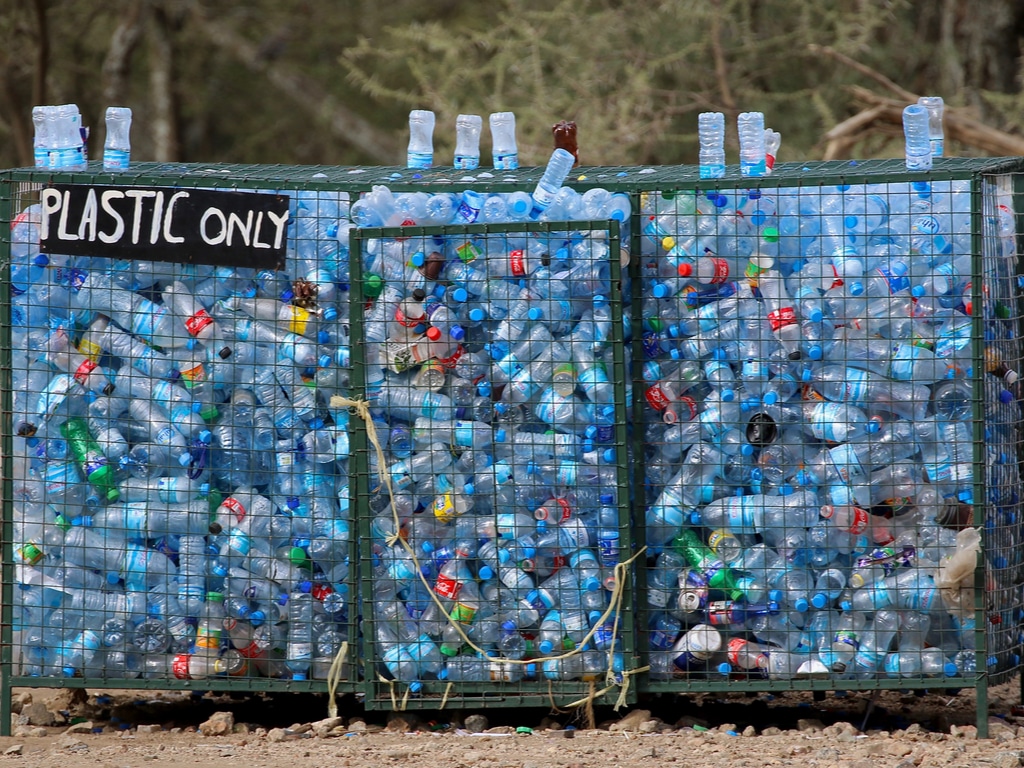The campaign was launched on 5 April 2022. For the Kwahu East and South District Assemblies in Ghana, the campaign is yet another reminder of the economic potential of plastic waste. The district located in the Eastern Region is supported by the central government. “It is a renewable resource that must be treated appropriately to protect the environment,” says Kwaku Afriyie, Ghana’s Minister of Environment, Science, Technology and Innovation (MESTI).
What approach?
The initiative is called “Plastic is a resource, not a waste”. The development of the circular economy for plastics will first of all involve raising people’s awareness in order to change their attitudes. The Accra Compost and Recycling Plant and the Universal Plastic Product and Recycling will support the Kwahu authorities in this process. Irresponsible disposal of plastic waste is a danger to the environment as well as to the people. “Other measures include identifying designated collection points for plastic waste and facilitating linkages between households and collectors and buyers,” explains Isaac Agyapong, Kwahu East District Chief Executive.
In addition to developing the economy through plastic recovery, the aim is to create jobs for a national plastic waste recycling industry. Zoomlion, the subsidiary of the Jospong Group of Companies (JGC) which provides public waste management in Ghana, is also supporting the Kwahu authorities’ initiative with 300 waste bins. The new facilities will be deployed on the streets of the district.
Read Also – AFRICA: the circular economy at the heart of ecosystem preservation
In the wake of the launch of the Kwahu Sustainable Plastic Waste Management Campaign, the Ghanaian government has committed to developing a legally binding mechanism to end plastic pollution by 2024. “The mechanism will cover the entire life cycle of plastics, including manufacturing, design and disposal, as well as the creation of reusable and recyclable products,” explains Kwaku Afriyie, Ghana’s Minister of Environment, Science, Technology and Innovation.
Inès Magoum
